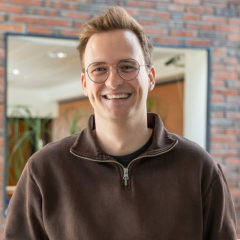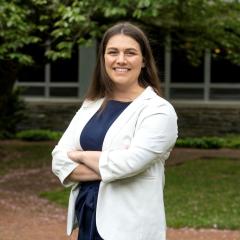

As a career diplomat, I deal with this list on a daily basis. Solving these challenges is not getting any easier.
During my time as a Fulbright Finland scholar at Georgetown University, I learned about three major phenomena that are disrupting our world: how we communicate; the nature of work; and, our rapidly changing environment.
How we communicate has changed. For the first time in history the majority of humankind is able to read, write, and share their ideas to a wider audience. Yet, the democratization of communication combined with the transformation of media has led to polarization.
Our jobs are not the same either. The World Bank suggests that two-thirds of all jobs in developing countries are at risk of automation. Technical transformation is happening now – self-driving cars and automated cashiers are no longer unimaginable. As employment is often linked to personal identity and self-dignity, automation is likely to bring further instability and increase inequality.
Our living environment is changing. Climate change, urbanization, and new waves of migration all mean that our way of life is constantly evolving – the world looks very different now than it did two generations ago, and I’m certain the future will look equally (if not more) different.
How can we best solve these tremendous challenges facing our world?
The challenges we face can only be solved by fact-driven and internationally collaborative solutions. No nation is powerful enough to solve global problems alone. Bridges within and between nations need to be built. That is why Fulbright, as the world’s leading international exchange program, is so important today.
Through the Fulbright Finland Foundation, I have witnessed how Fulbright scholars around the world have been brought together to discuss arctic issues along with indigenous Sámi people. In the U.S., the Fulbright-Amizade in Appalachia initiative unites coal-mining communities with future leaders to discuss sore topics like climate change and immigration. With fellow Fulbright scholars from four continents, I am soon travelling to Israel to celebrate a wedding of my dear friend – the first Arab Christian ambassador.
Fulbright has made all these experiences happen for me and over 380,000 other alumni. It connects leading experts from different backgrounds like no other program does - and only diversity can produce the extraordinary solutions for our overwhelming challenges.
Senator Fulbright once said that “The simple purpose of the exchange program...is to erode the culturally rooted mistrust that sets nations against one another. The exchange program is not a panacea but an avenue of hope…”
So, when all hope seems lost, just remember that there is a Fulbright scholar somewhere trying to make the world a better place.
Photo: Miloš Vujović



